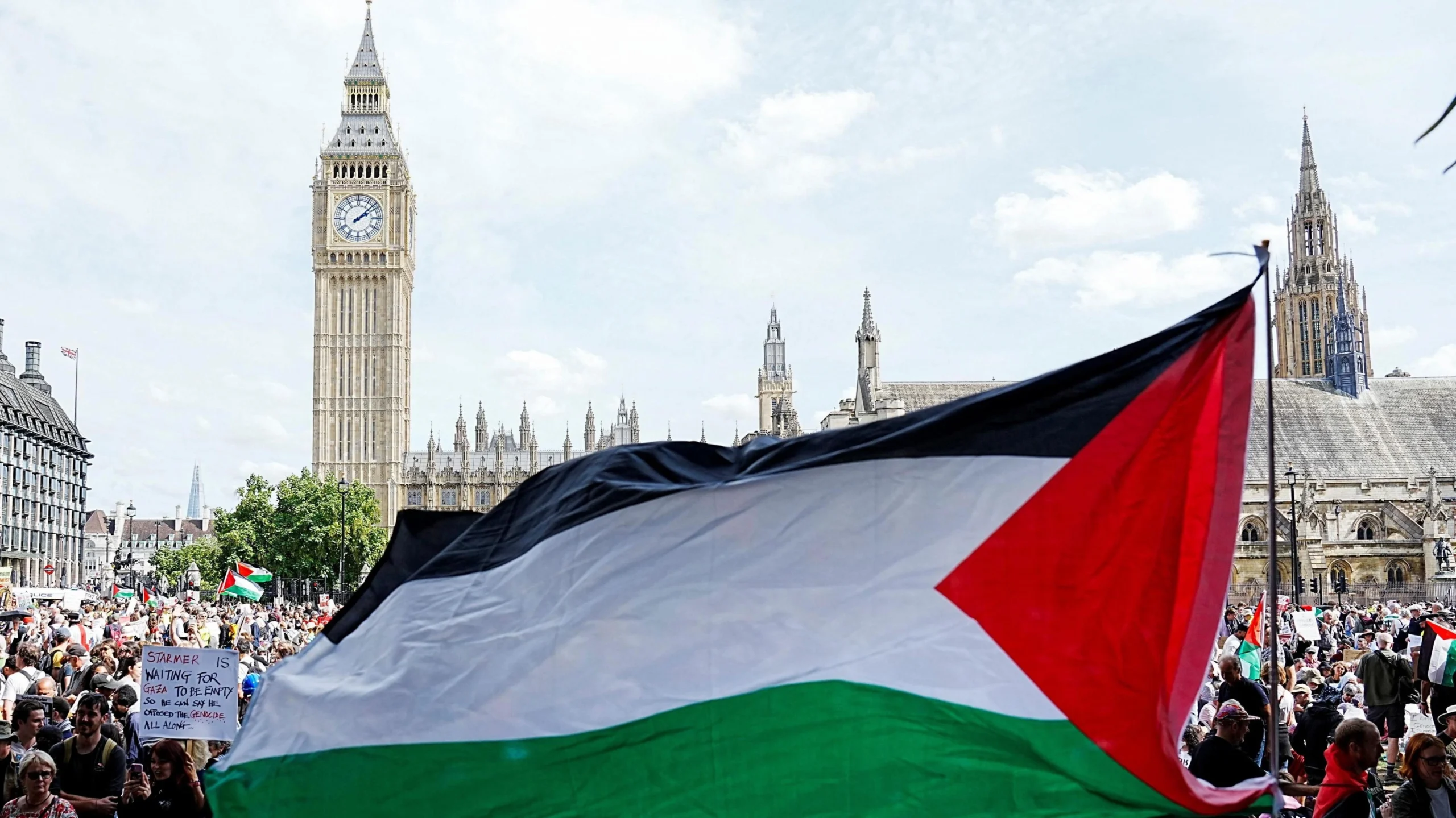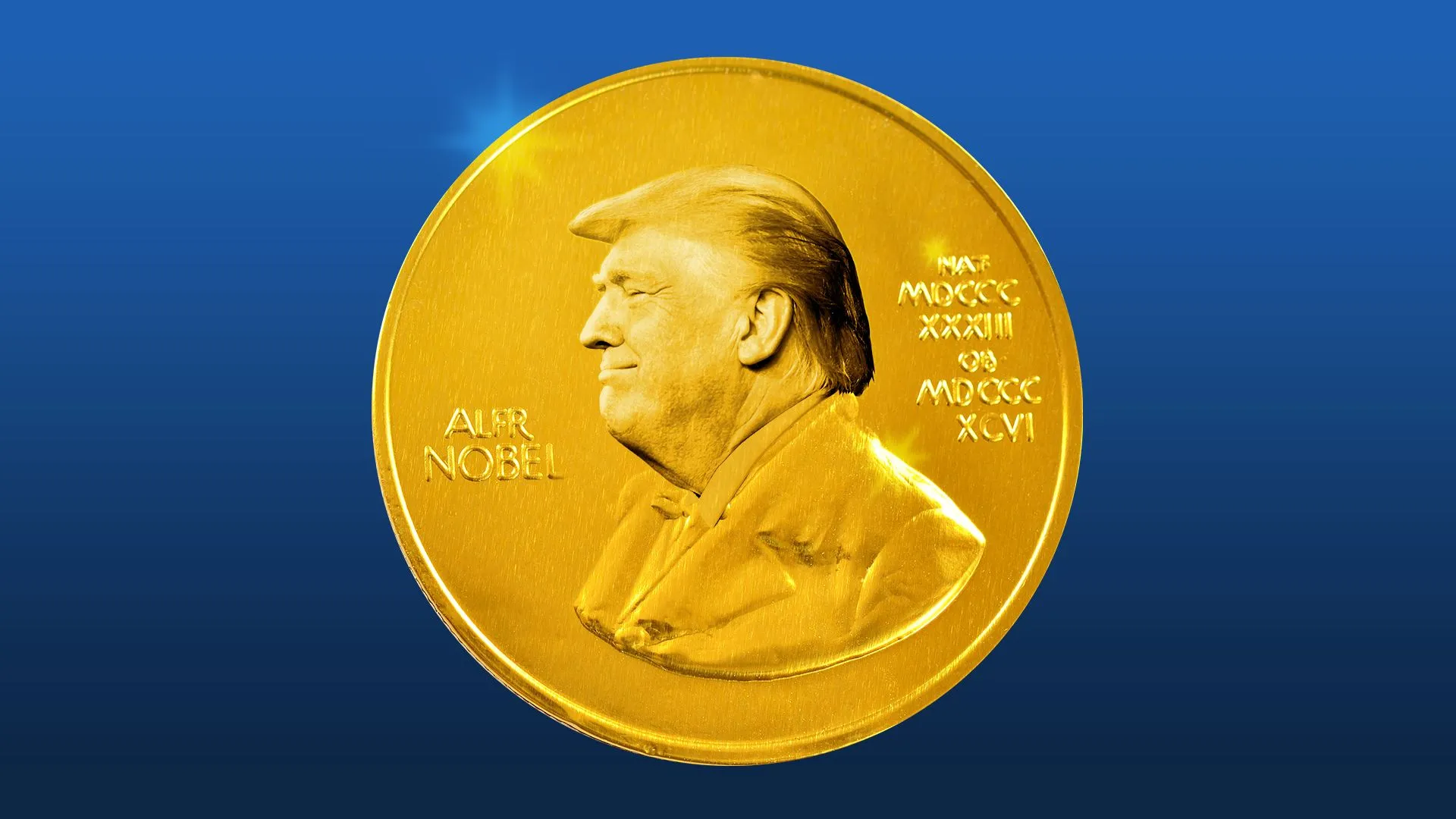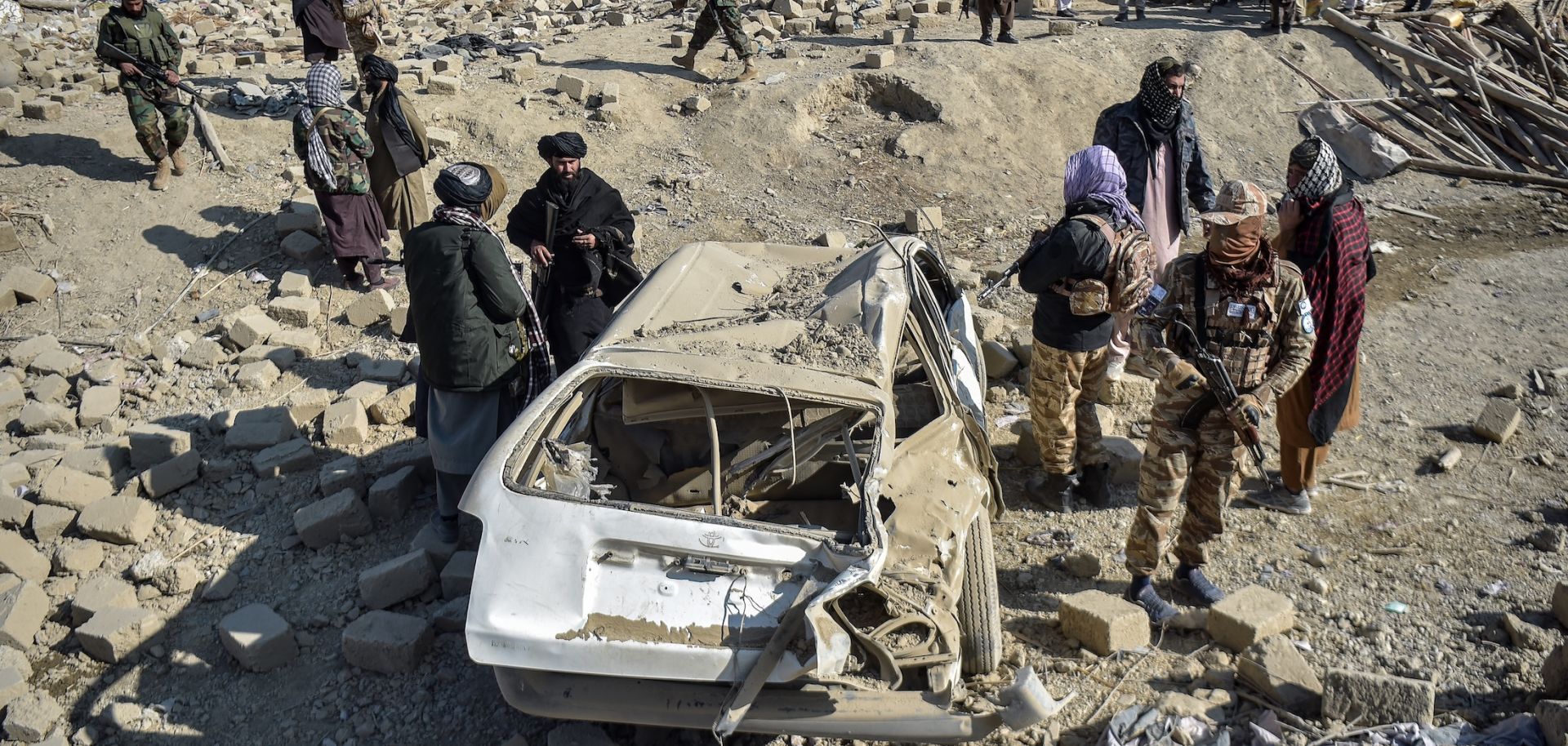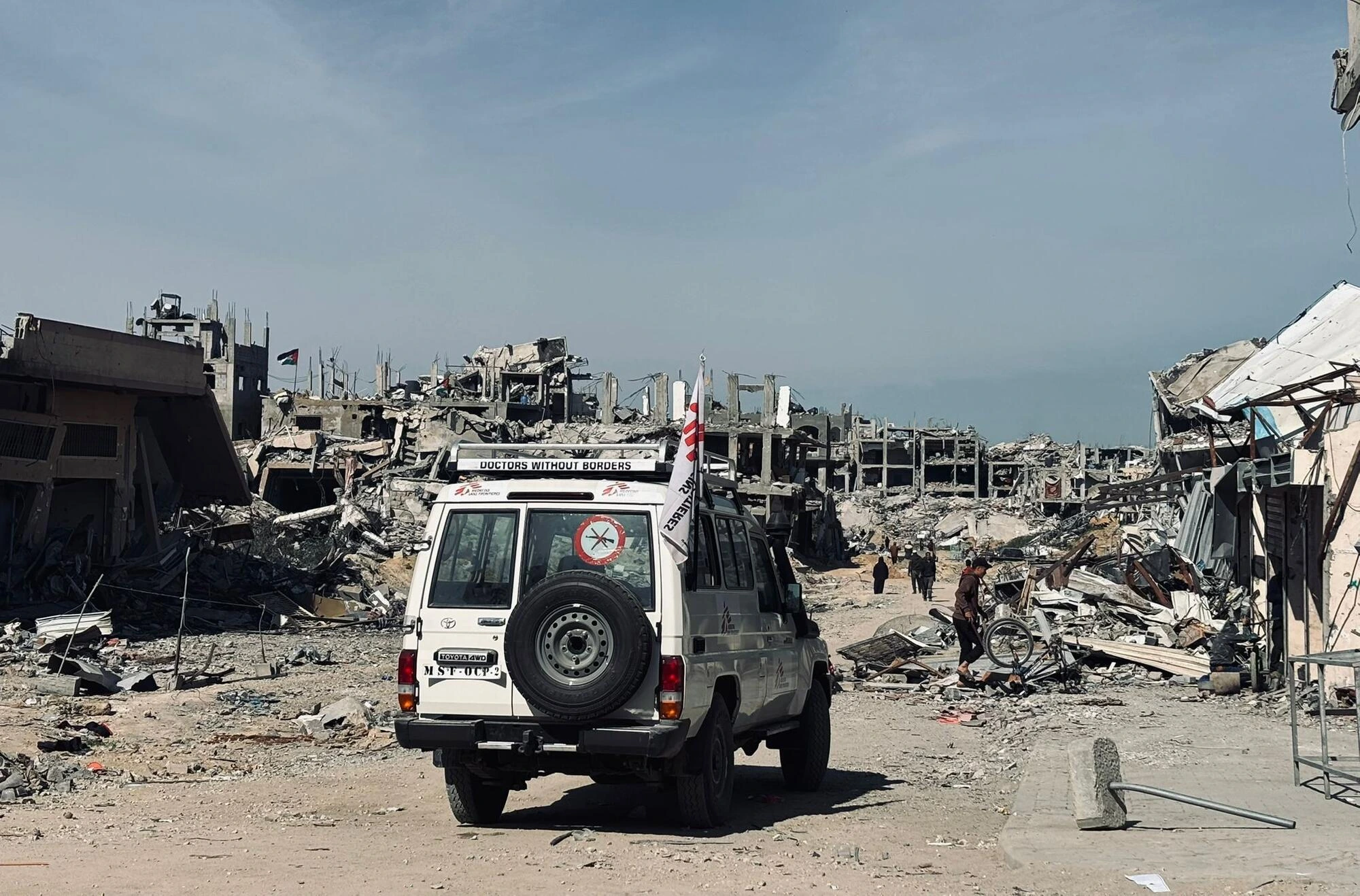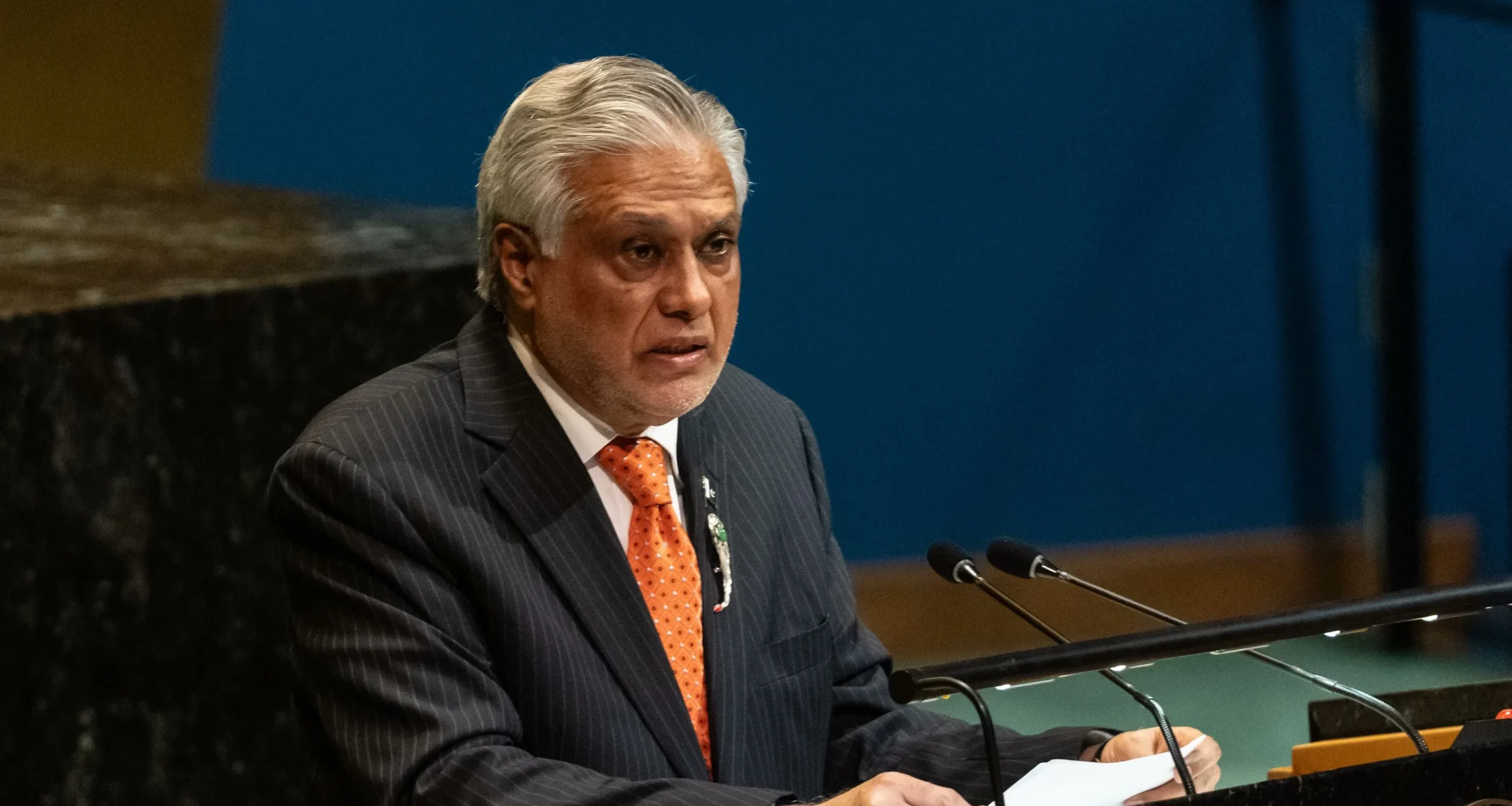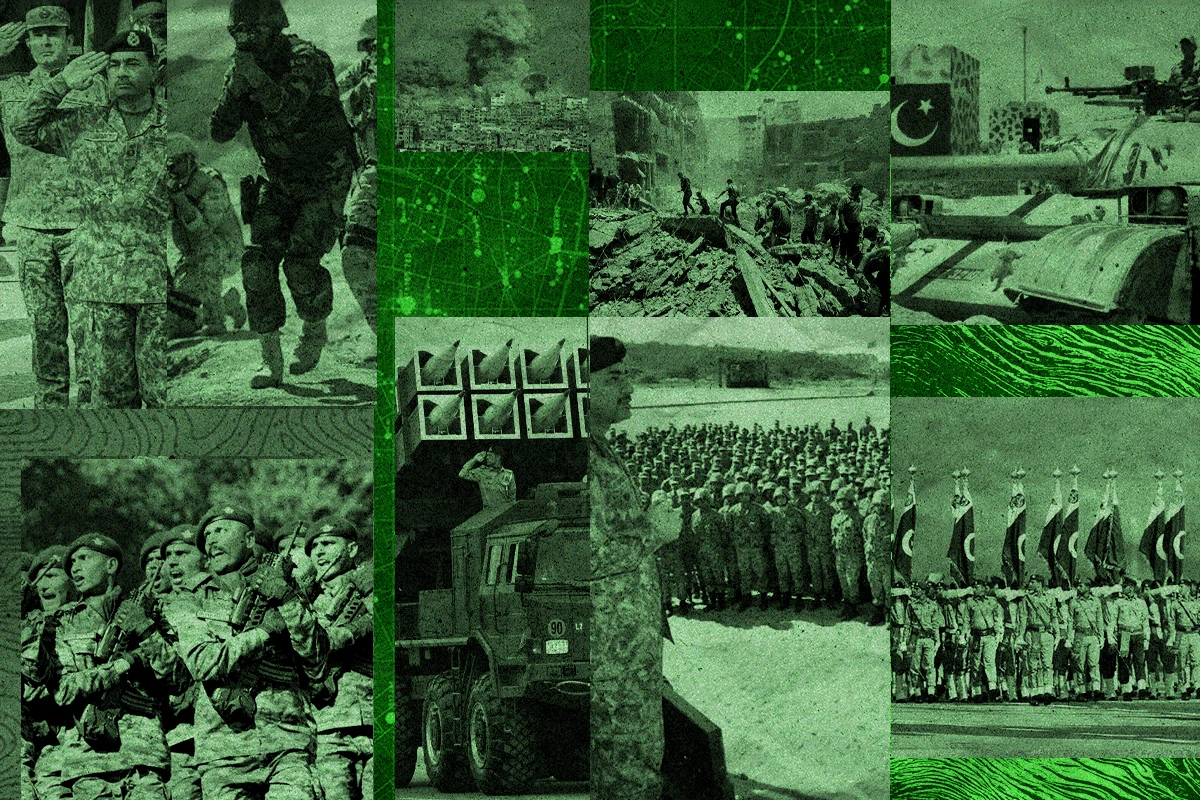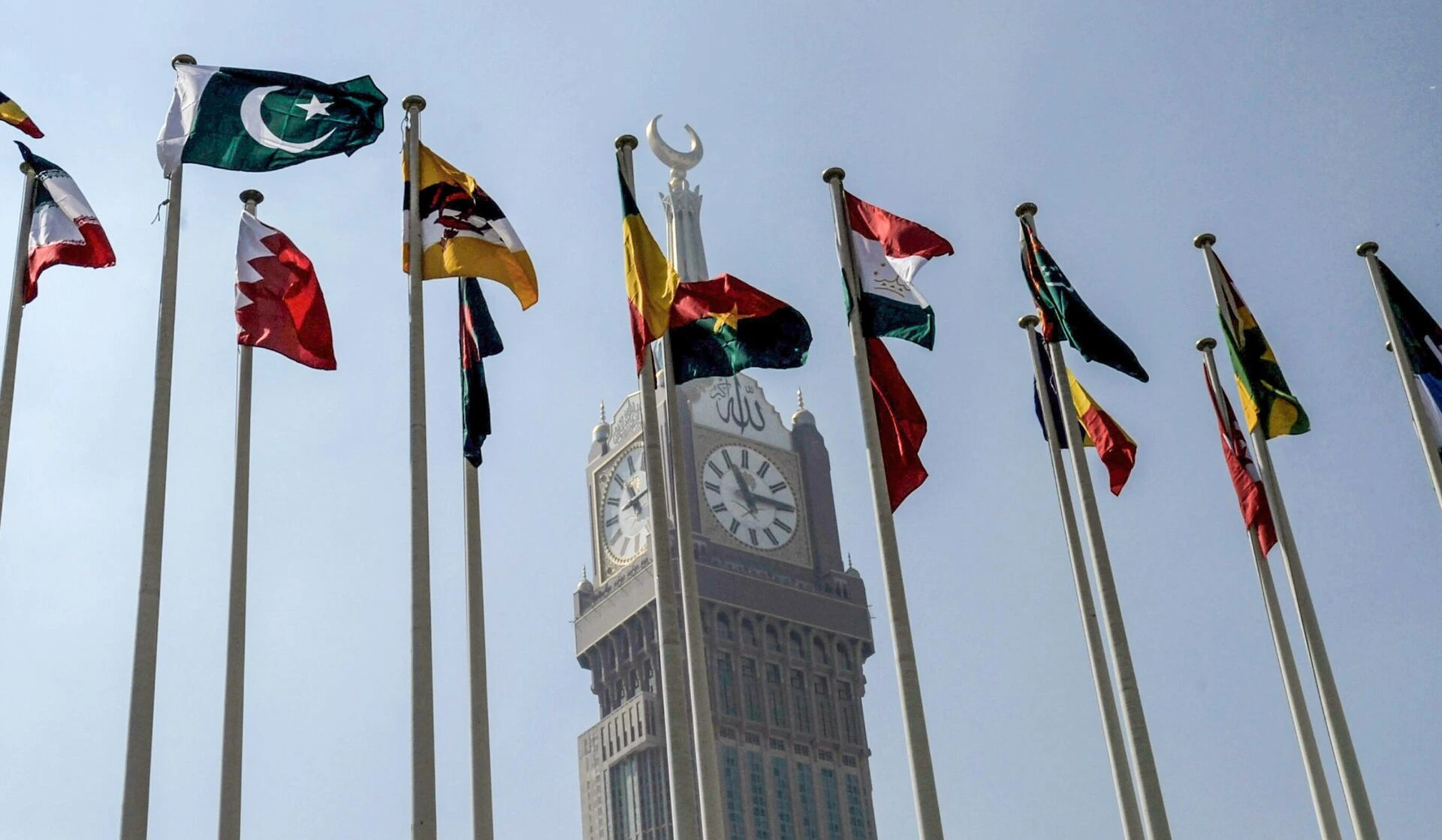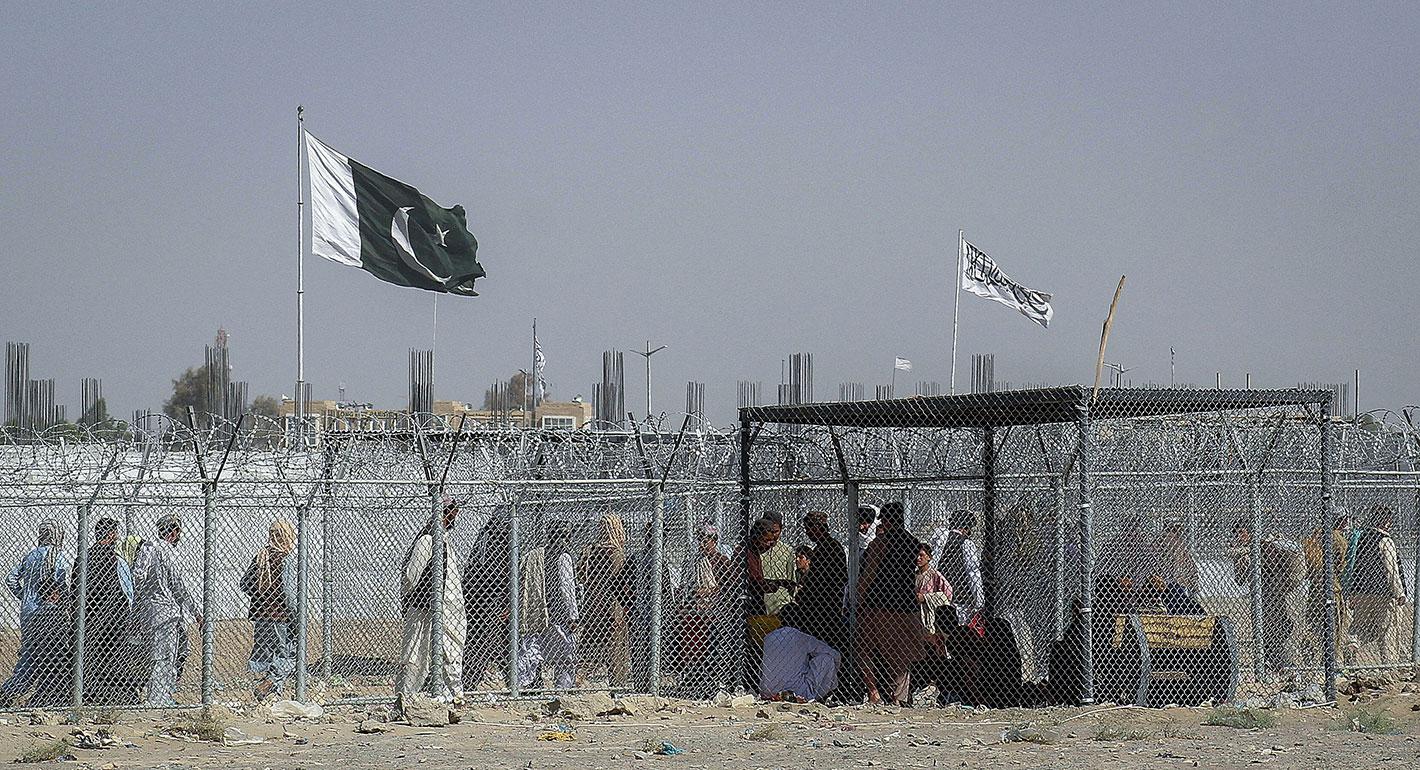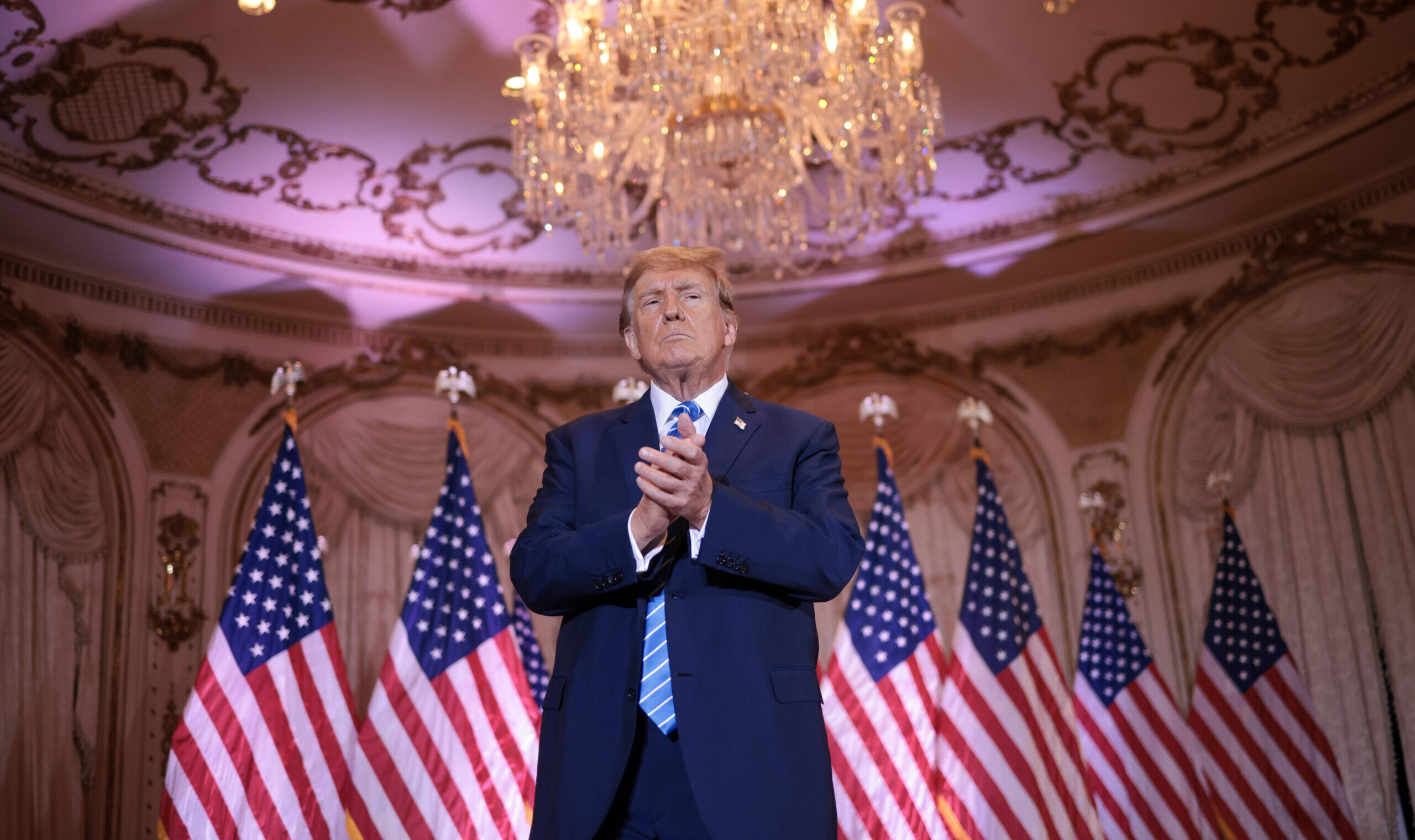
The End of Liberal Internationalism? Trump’s New Realism
Donald Trump’s address to the UN General Assembly marked a sharp break from America’s seven-decade stewardship of the liberal international order. Rooted in realist principles, his speech rejected multilateralism, attacked the UN’s legitimacy, and reframed alliances as transactional bargains. From immigration and climate policy to NATO and Middle East conflicts, Trump outlined a vision of unilateral power and national sovereignty that directly challenges the institutional foundations of global governance.

